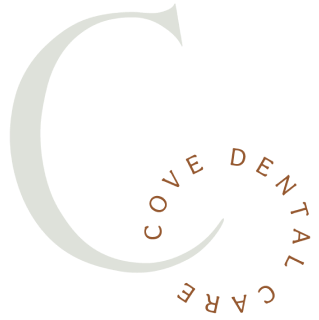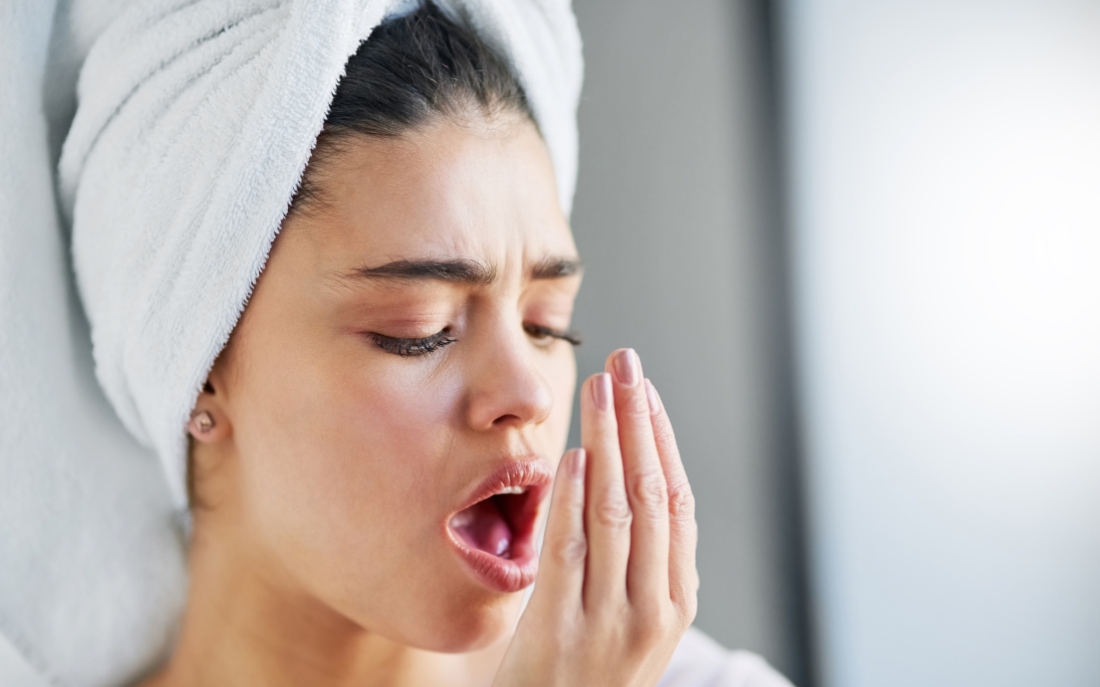Causes and Treatments for Bad Breath


Bad breath, medically known as halitosis, is a common condition that can cause significant psychological distress. The problem is often persistent and can lead to embarrassment, affecting a person’s social and professional life. Understanding the causes and treatments of bad breath is crucial for those who suffer from it and for those who interact with them. This comprehensive guide delves into the various causes of bad breath and explores effective treatments.
Understanding Bad Breath
What is Bad Breath?
Bad breath is the presence of an unpleasant odor in the exhaled breath. This odor can vary in intensity and can be temporary or chronic. Temporary bad breath is usually caused by certain foods or poor oral hygiene, while chronic bad breath is often a sign of underlying health issues.
The Anatomy of Breath
To understand bad breath, it’s important to know what contributes to the normal breath odor. The air we exhale is a mixture of gases from the lungs, the gastrointestinal tract, and the mouth. When the balance of these gases is disturbed, it can result in bad breath.
Causes of Bad Breath
Poor Oral Hygiene
One of the most common causes of bad breath is poor oral hygiene. When we don’t brush and floss regularly, food particles remain in the mouth, leading to bacterial growth between teeth, around the gums, and on the tongue. This bacterial growth produces sulfur compounds, which are primarily responsible for bad breath.
Plaque and Tartar
Plaque is a sticky film of bacteria that forms on your teeth. If not removed by brushing, it can harden into tartar, which can lead to periodontal disease—a significant cause of bad breath.
Tongue Coating
The tongue, especially the back, can harbor large amounts of bacteria and food particles. A coated tongue is often a major contributor to halitosis.
Food and Drink
Certain foods and drinks can contribute to bad breath. Onions, garlic, coffee, and alcohol are notorious for causing bad breath. These foods contain sulfur compounds, which are absorbed into the bloodstream, carried to the lungs, and exhaled.
Tobacco Products
Smoking and chewing tobacco can cause bad breath. In addition to their own odors, tobacco products can dry out your mouth and contribute to gum disease, further exacerbating bad breath.
Dry Mouth (Xerostomia)
Saliva helps cleanse your mouth, removing particles that cause bad odors. A condition called dry mouth or xerostomia can lead to decreased saliva production and bad breath. This can be due to medications, salivary gland problems, or continuous mouth breathing.
Infections in the Mouth
Surgical wounds, tooth decay, or periodontal disease can cause bad breath. Infections lead to the release of pus and other foul-smelling compounds, contributing to bad breath.
Medical Conditions
Certain medical conditions can also cause bad breath:
- Respiratory Tract Infections: Infections such as pneumonia, bronchitis, sinusitis, and postnasal drip can cause bad breath.
- Chronic Acid Reflux: Gastroesophageal reflux disease (GERD) can cause stomach acids to flow back into the esophagus, leading to bad breath.
- Diabetes: Diabetic ketoacidosis, a complication of diabetes, can produce a fruity odor.
- Liver or Kidney Disease: Severe liver or kidney disease can cause a distinctive breath odor.
Other Factors
- Crash Diets: Fasting or low-carbohydrate diets can produce bad breath due to the breakdown of fats producing ketones, which have a distinctive odor.
- Certain Medications: Some medications can reduce saliva flow, increasing the risk of bad breath. Others can release chemicals during their breakdown that can be carried on your breath.
Diagnosing Bad Breath
Self-Assessment
You can try to check your own breath by cupping your hands over your mouth and nose, breathing out, and then quickly smelling your breath. However, because it’s hard to be objective about your own breath, it’s often best to ask a trusted friend or family member.
Professional Diagnosis
A dentist can help determine the cause of bad breath. The diagnosis often involves:
- Medical History: Reviewing your medical history and medications.
- Oral Examination: Checking for signs of dry mouth, gum disease, or infections.
- Special Tests: Using instruments to detect volatile sulfur compounds and other substances in your breath.
Treatment of Bad Breath
Improving Oral Hygiene
The cornerstone of treating bad breath is improving oral hygiene:
Brushing and Flossing
Brush your teeth at least twice a day and floss daily to remove food particles and plaque. Using a toothbrush with soft bristles and toothpaste containing fluoride can help keep your teeth and gums healthy.
Cleaning Your Tongue
Using a tongue scraper or brushing your tongue can help remove bacteria and food particles. Focus on the back of the tongue, where most of the odor-causing bacteria reside.
Mouthwash
Mouthwashes can temporarily mask bad breath and kill bacteria. Look for antibacterial mouthwashes that can reduce the amount of bacteria in the mouth. Those containing chlorhexidine, cetylpyridinium chloride, and zinc salts are particularly effective.
Staying Hydrated
Drinking plenty of water can help keep your mouth moist and wash away food particles and bacteria. Chewing sugar-free gum can also stimulate saliva production, which helps cleanse the mouth.
Dietary Changes
Avoid foods and drinks that can cause bad breath. Opt for a balanced diet rich in fruits and vegetables, which can help keep your breath fresh. Crunchy fruits and vegetables like apples and carrots can help remove food particles from your teeth.
Treating Underlying Medical Conditions
If your bad breath is caused by an underlying medical condition, treating that condition is crucial. For example:
- Respiratory Infections: Antibiotics or other appropriate treatments can help.
- GERD: Medications to reduce stomach acid can alleviate bad breath.
- Diabetes: Managing blood sugar levels can help control diabetic ketoacidosis and associated bad breath.
Regular Dental Checkups
Visiting your dentist regularly for professional cleanings and checkups is essential. Your dentist can detect and treat problems like gum disease, infections, or other conditions that can cause bad breath.
Advanced Treatments
Dental Procedures
For chronic bad breath due to oral health issues, your dentist may recommend procedures such as:
- Scaling and Root Planing: Deep cleaning below the gumline to remove plaque and tartar.
- Periodontal Surgery: For advanced gum disease, surgery may be necessary to restore supportive tissues.
Saliva Substitutes
For those suffering from dry mouth, saliva substitutes or stimulants can help. Over-the-counter products like saliva sprays and mouthwashes can increase moisture.
Probiotics
Emerging research suggests that probiotics might help balance the oral microbiome, potentially reducing bad breath. Probiotics like Lactobacillus and Bifidobacterium can be taken as supplements or found in fermented foods like yogurt and kefir.
Preventing Bad Breath
Consistent Oral Hygiene
Maintaining good oral hygiene is the most effective way to prevent bad breath. This includes brushing and flossing regularly, cleaning your tongue, and using mouthwash.
Regular Hydration
Staying hydrated helps ensure adequate saliva production, which is essential for a healthy mouth. Aim to drink at least eight glasses of water a day.
Healthy Diet
A balanced diet rich in fruits, vegetables, whole grains, and lean proteins can help prevent bad breath. Avoid excessive consumption of foods known to cause bad breath, and limit alcohol and coffee intake.
Regular Dental Visits
Regular dental checkups are crucial for preventing dental problems that can cause bad breath. Visit your dentist Greer at least twice a year for professional cleanings and examinations.
Bad breath is a common issue with various causes, ranging from poor oral hygiene to underlying medical conditions. Understanding these causes is the first step in effective treatment. By improving oral hygiene, staying hydrated, making dietary changes, and seeking medical treatment for underlying conditions, most people can manage or eliminate bad breath. Regular dental visits and professional advice are also essential components of maintaining fresh breath and overall oral health.
Dealing with bad breath can be challenging, but with the right approach, it’s possible to overcome it. If you or someone you know is struggling with bad breath, consider the causes and treatments outlined in this guide to find a solution that works.